
Yearnings
The sun was rapidly setting. Some of the passengers started davening Minchah. Others were quietly reciting Tehillim. And some, like me, were sitting...

Every day, we hope and pray for the Mashiach’s arrival. This is a true story, and yes, it happened to me.
It was one of those oppressively hot days in the middle of the summer. Actually it was Rosh Chodesh Av, the first of the nine days of intense mourning for the destruction of the Beis Hamikdash, the Holy Temple, and my sadness was almost palpable. My mind kept returning to the events of two thousand years ago, to the horrors of Lamentations. I shuddered as I pictured survivors, their skin barely covering their bones, lying without strength on their bunks; crusaders sweeping across the continent, offering Jews the impossible choice of conversion or death; peasants liberating Europe from feudalism while destroying the pure Jewish kehillot that lay in their paths. These images flashed through my mind, reminding me that we are still in galut.
Hot and sticky, I decided to hop on a bus and travel to the Kotel to daven Minchah. What better place to beg Hashem finally to end our galut than at the remnant of our Beit Hamikdash, the Kotel?
As is usual on a Rosh Chodesh, the bus was packed. As I glanced out the dusty windows the weather seemed gray and weepy despite the heat and the relentless Yerushalayim sun. Crossing into East Yerushalayim I closed the window, as a precaution against Arabs pelting our bus with stones. Looking out the window, I noticed the Arabs staring at us with cruel hatred in their eyes. Everywhere I looked, I can see but one thing — galut!
A year earlier I had gone to the Kotel on a Tisha B’Av morning to recite Kinnot. When I alighted from the bus, I walked into a protest march that was taking place opposite the Temple Mount. Hundreds of protesters were carrying huge placards proclaiming, “We want the Third Temple Now.” They wanted to climb the Temple Mount and build the Third Temple TODAY!
I was shaking with emotion as I walked to the Kotel plaza. The sight that greeted me there was even more incredible. Sitting on reed mats were thousands of Jews crying over the destruction that occurred over two thousand years ago. I found myself sandwiched between a group of Ethiopian women, regal in their colorful turbans, and a group of young, fashionably dressed American Beit Yaakov girls. I was awed at the sight of so many people from so many different cultures united in their yearning for the redemption.
Now, a year later, we were still in galut. I could only go as far as the Kotel plaza and pray that the Temple be rebuilt.
After the bus passed Shaar Shechem – the Damascus Gate – it crossed into the left lane, almost running over a policeman on his motorcycle. The policeman turned on his siren, and our bus pulled over to the curb. Everyone sat in their seats glancing at their watches, wondering if we would make it to the Kotel before sunset.
The policeman stomped onto our bus, livid with rage. “YOU COULD HAVE KILLED ME! HOW COULD YOU HAVE DONE THAT? WHAT AN IDIOT!”
“Slichah (excuse me)!”
“SLICHAH, SLICHAH!” the policeman gave a sarcastic snort. “YOU ALMOST KILL ME AND ALL YOU CAN SAY IS SLICHAH?”
“Slichah.”
“SLICHAH SLICHAH! YOU IDIOT! AND IF I WOULD HAVE DIED WOULD YOU STILL SAY SLICHAH?”
“I didn’t mean to do it. Really. I’m sorry. Slichah”
“YOU DIDN’T MEAN TO DO IT? HA HA HA. BUT YOU ALMOST KILLED ME! AND ALL YOU CAN SAY IS SLICHAH?”
“I’m sorry. Really. Slichah.”
The policeman was furious. He ordered the bus driver off the bus, and to continue their “conversation” in the street. The sun was rapidly setting. Some of the passengers started davening Minchah. Others were quietly reciting Tehillim. And some, like me, were sitting there feeling sorry for themselves. “Why, oh why did this have to happen to me?” I asked. “I finally find time to get away from the house and then end up stuck on this bus for who-knows-how-long. By the time I get to the Kotel, I’ll have to turn around and return home.”
But then, as if by magic, a ray of hope entered the grayness of this time of mourning. The policeman and the bus driver stopped arguing. They looked at each other and they began embracing. They patted each other on the back and embraced again. They shook hands and walked back to the bus with their arms around each other. It appeared as if they had become the best of friends.
The day seemed less oppressive and just a little bit brighter. Their reconciliation brought our redemption just a little bit closer. As I glanced at my fellow passengers, I saw that many of them were also smiling. An aura of peace pervaded the bus. The barriers separating us seemed to melt away. We all had a feeling of being one nation, with one goal.
The Temple was destroyed because of hatred, and only through peace between brothers will it be restored.



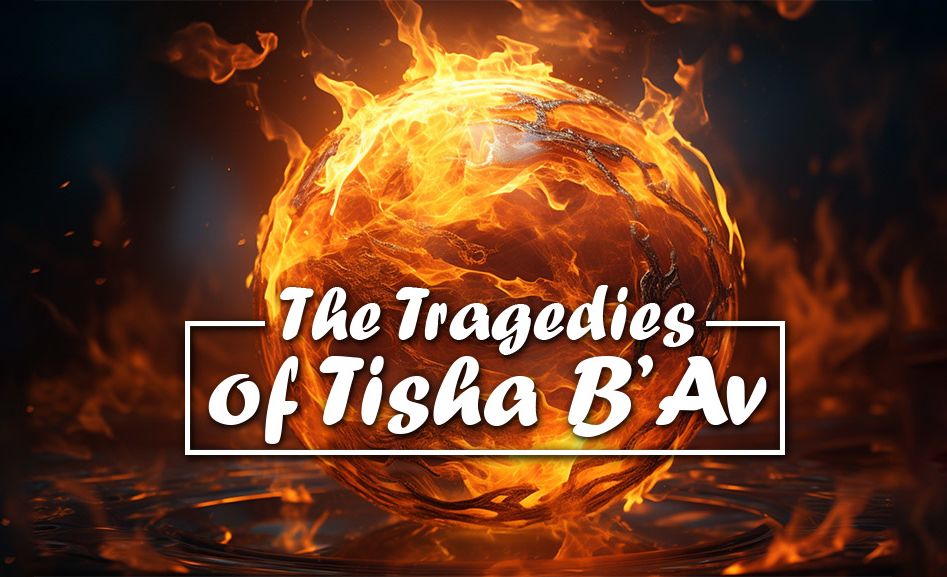
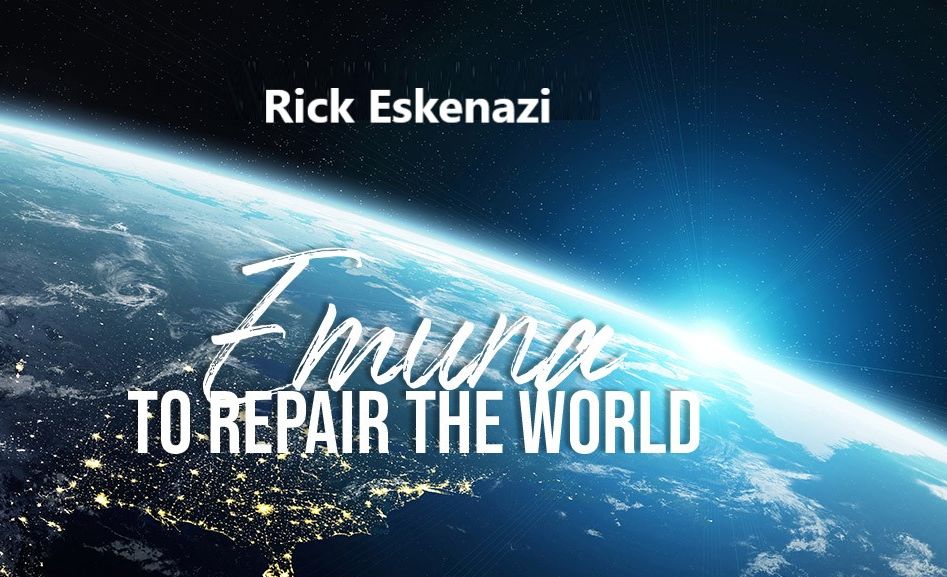
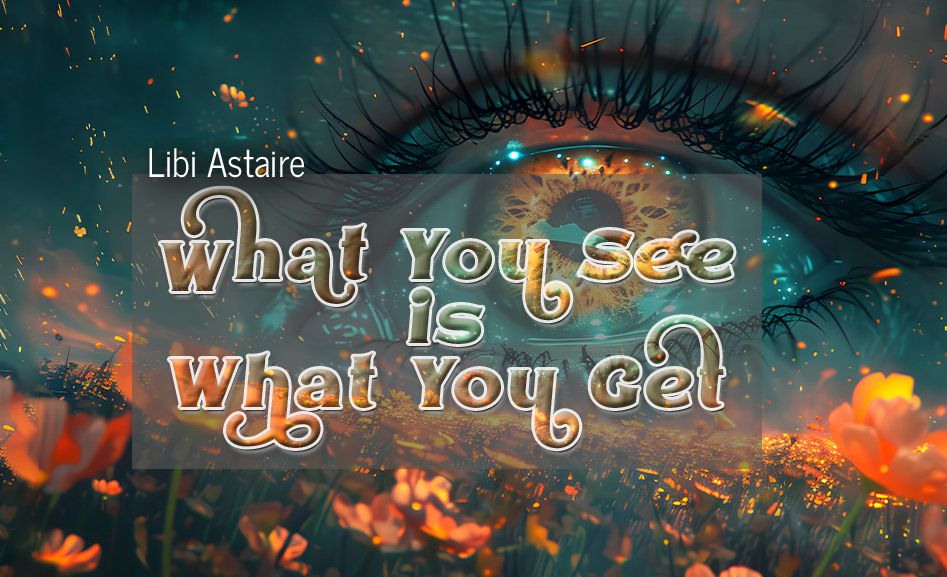
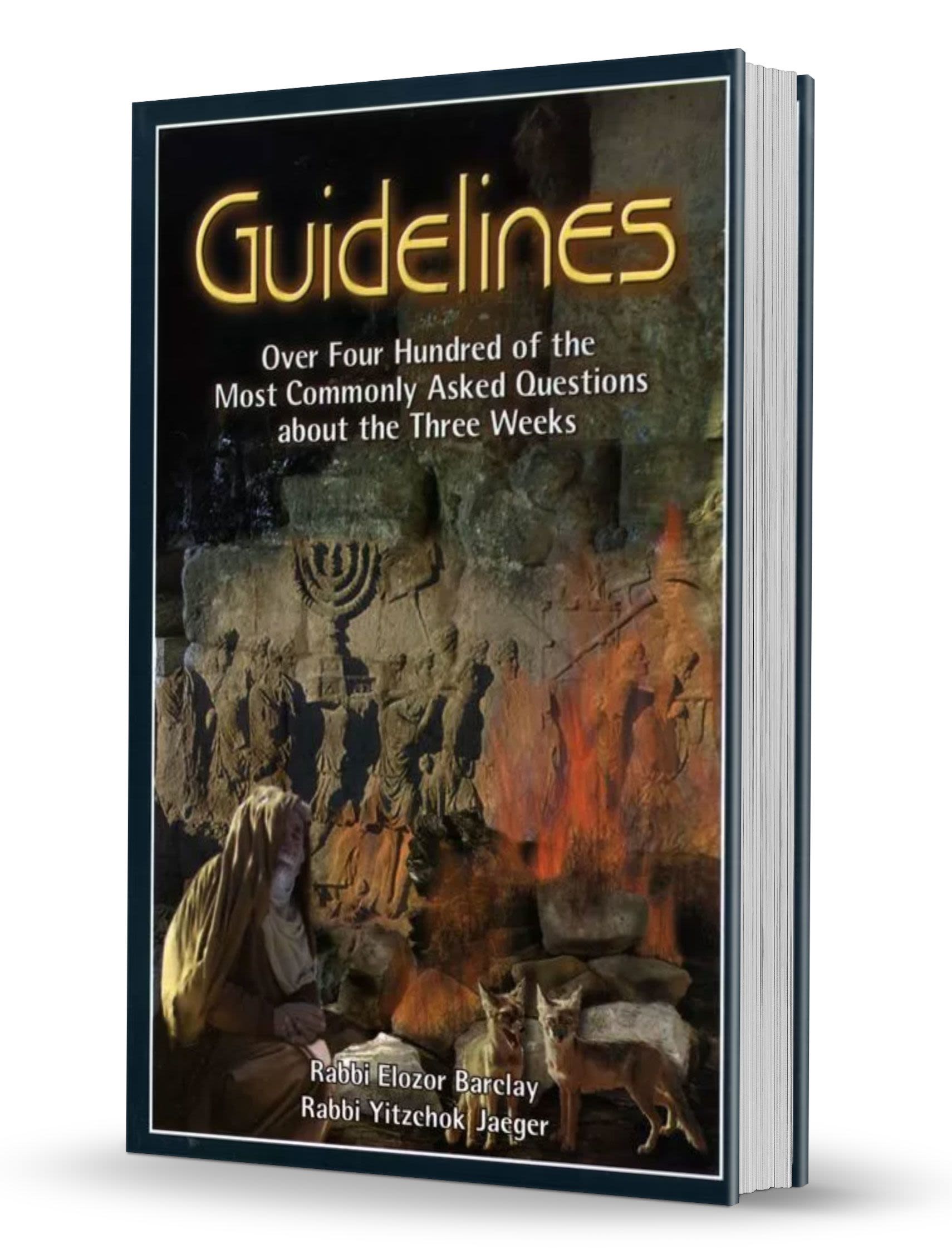
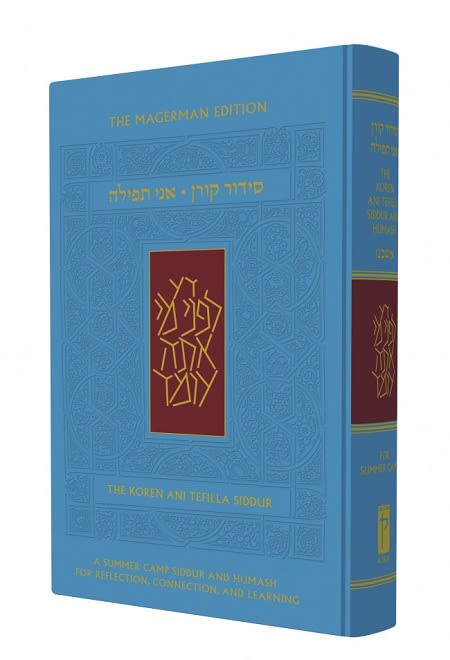
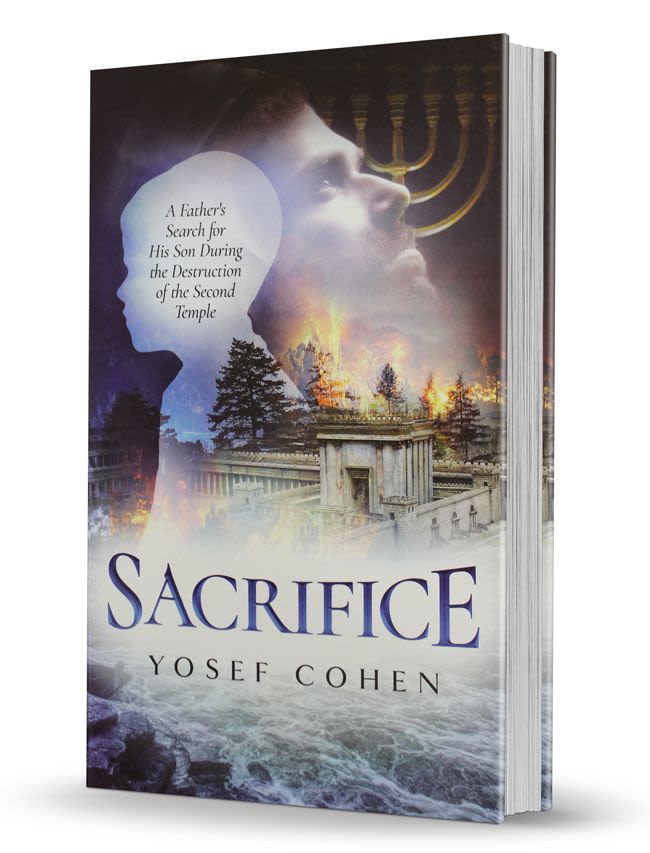
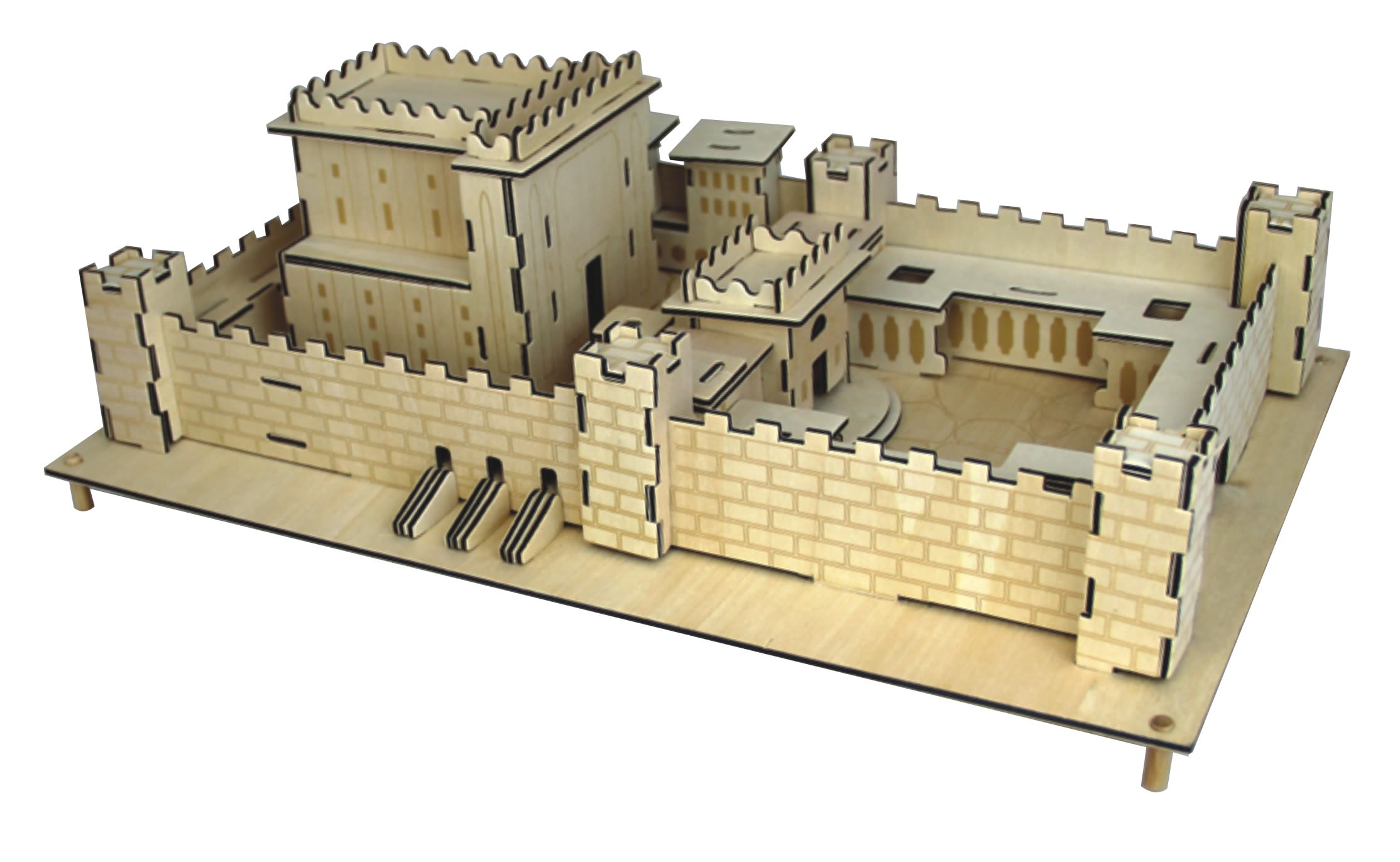
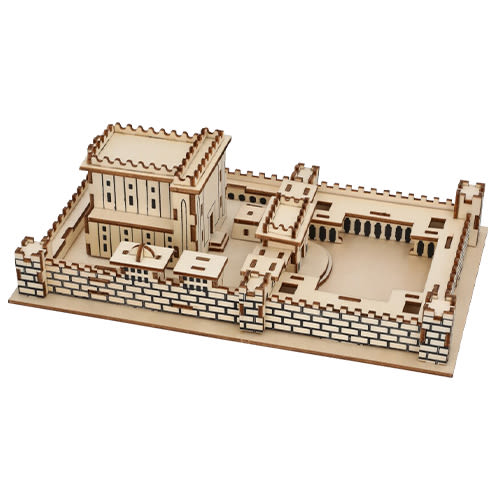
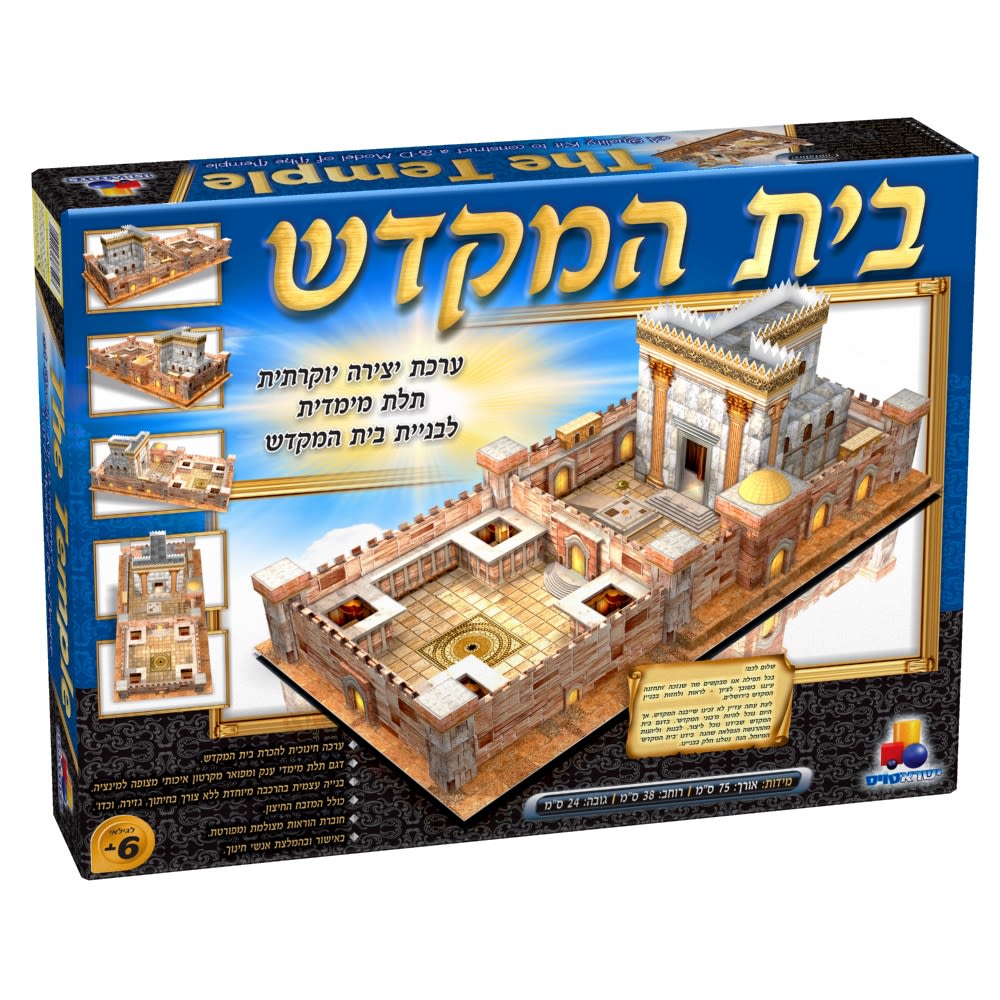
Tell us what you think!
Thank you for your comment!
It will be published after approval by the Editor.